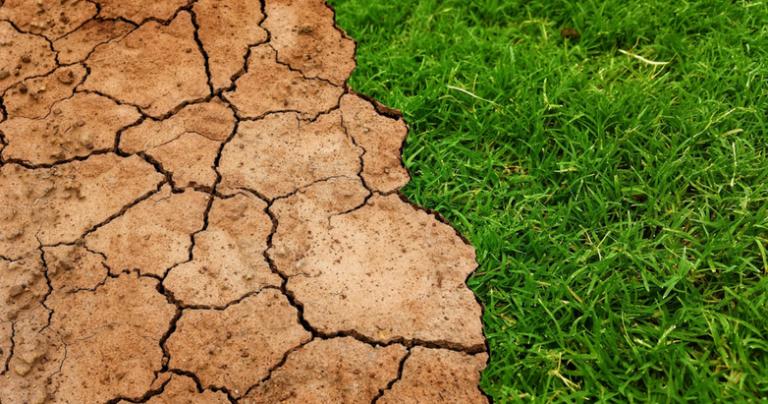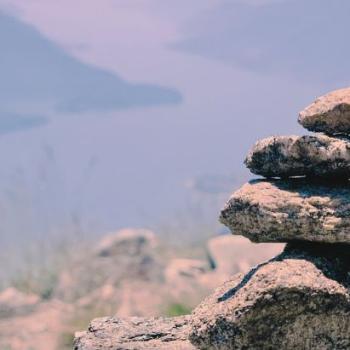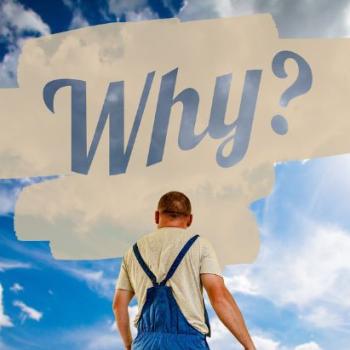
When I was in my early twenties, I quit smoking. It was a filthy habit that I’d picked up when I was twelve years old. In my teens, I had been responsible for introducing cigarettes to a number of people. After I quit, I felt bad about that. I knew that I couldn’t go back in time and fix what I had done, so I decided to do something for the future.
My approach to quitting had been successful, so I started sharing the technique with others. That led to ten years of smoking cessation seminars and books in both Icelandic and English. I also teamed up with a public health organization and started giving smoking prevention lectures in schools.
That Feeling When You’re Not Welcome
Have you ever walked into a room and felt that you were not welcome? That’s how I felt just about every time I walked into a room full of students and was introduced as the smoking prevention guy.
Instead of being discouraged, I took it as a challenge and spiced up my approach.
I got better and better at captivating attention and engaging young adults in dialogue about the importance of living life fully (one of the things I emphasized). My approach swung between being adversarial (“I don’t care if you die because we’ll all die”) and inspirational (“you only get one life and it’s the quality that counts.”).
My talks gained attention and I got along well with the adults who liked my approach, which meant that I got booked in dozens of schools every year. However, even as I got better at presenting the material, I never managed to capture everyone’s attention.
“How Can I Get to Them?”
I really wanted to get to everyone, so I racked my brain and tried to come up with novel approaches, most of which worked (although I’ll admit that I did crash and burn a few times in my attempt to reach all of the students). Nevertheless, I never got to a 100%. There were always a few people who either didn’t care or displayed an adversarial attitude.
In addition, I quickly realized that I had no way to measure the long-term impact of what I was doing. Sure, they might seem engaged, but did my lectures deter them from smoking? Did anyone quit because of my talks? I had no idea.
Not Responsible for the Soil
Knowing that I couldn’t get to everyone and had no idea about the long-term impact of my talks caused me grief for several months.
Finally, I understood that no matter how much I wanted to be able to control other people’s reactions, I couldn’t. I was responsible for preparing the seeds and sowing them in the best way I knew how, but I wasn’t responsible for the soil.
From that point forward, I no longer became discouraged. I focused on my job of sowing and wasn’t as preoccupied with the soil.
In the years that followed, I branched out and became both a yoga teacher, professional speaker, and author of several books. I always maintained this attitude of sowing in the best way I knew how without expecting the soil to react in a certain way.
Whatever else it did, the new attitude brought me increased energy and peace of mind.
Doesn’t Everyone Know This?
You could say that most people who live long enough will stumble upon this truth. It is the essence of the Serenity Prayer. We control the things we can (ourselves), let go of the things we can’t control (other people and events), and develop the wisdom to know the difference (the most difficult aspect of the prayer).
The image of sowing seeds is used in a variety of religious and spiritual texts. If you think of yourself as the sower of seeds (your words and actions), then all you can do is sow the best seeds that you can and surrender to the fact that you can’t control the soil (other people and surroundings).
While most people may know this by now, in my home country we have a saying: “A good poem is never recited too often.”
Comfortable with Not Knowing
Every now and then, I meet people or get letters/emails from participants who tell me how my seminars, talks, books, columns, audio programs, etc., influenced them in a positive way. That always warms my heart.
However, I have become very comfortable with not knowing what happens to the seeds I sow. Maybe they will sprout in some unexpected way, maybe they won’t. Either way, I did my job. I did the sowing. I am not responsible for the soil.
Gudjon Bergmann
Interfaith Minister, Author, and Speaker
Founder of Harmony Interfaith Initiative
Like my page on Facebook
Picture: CC0 License
















